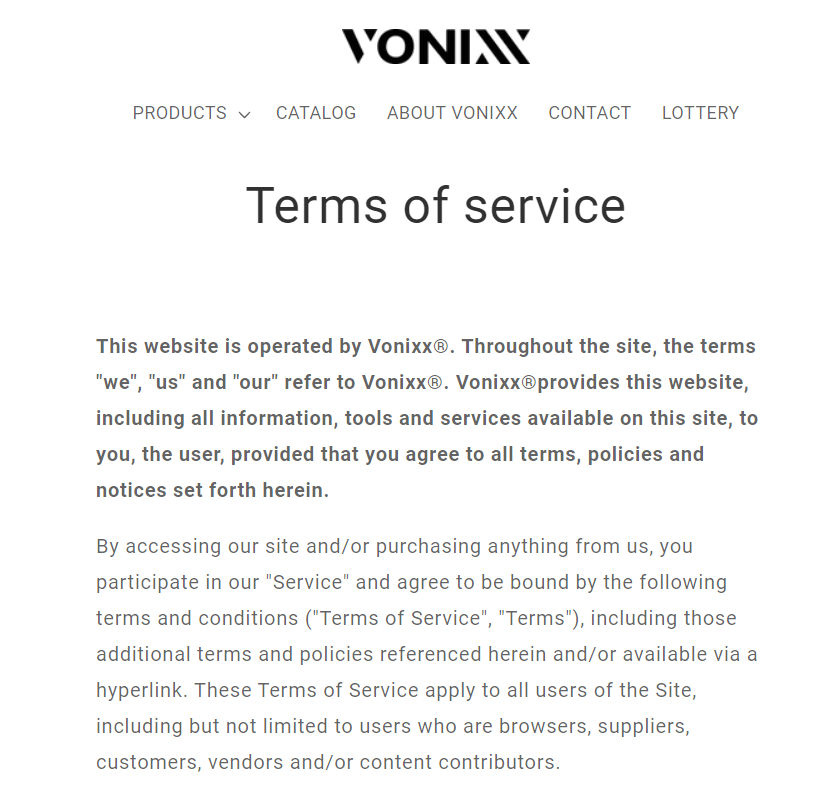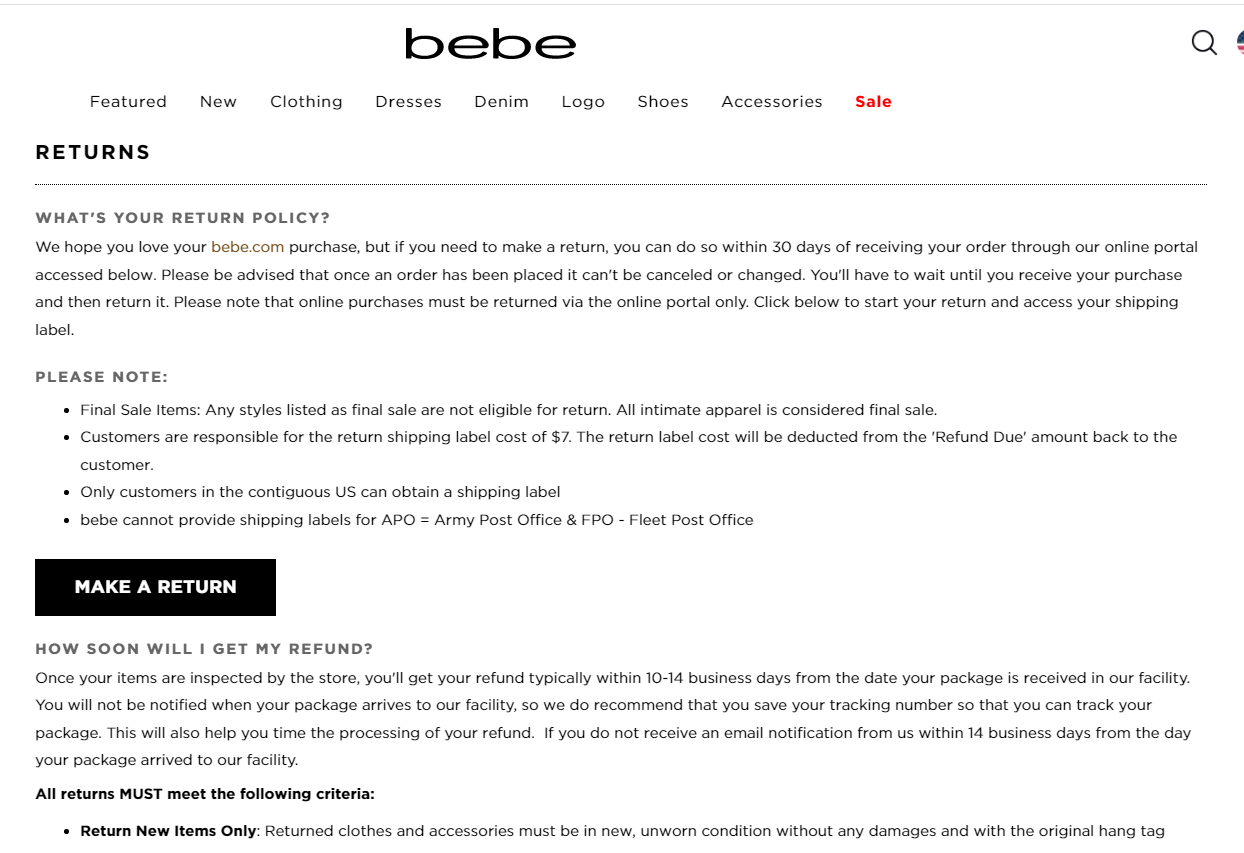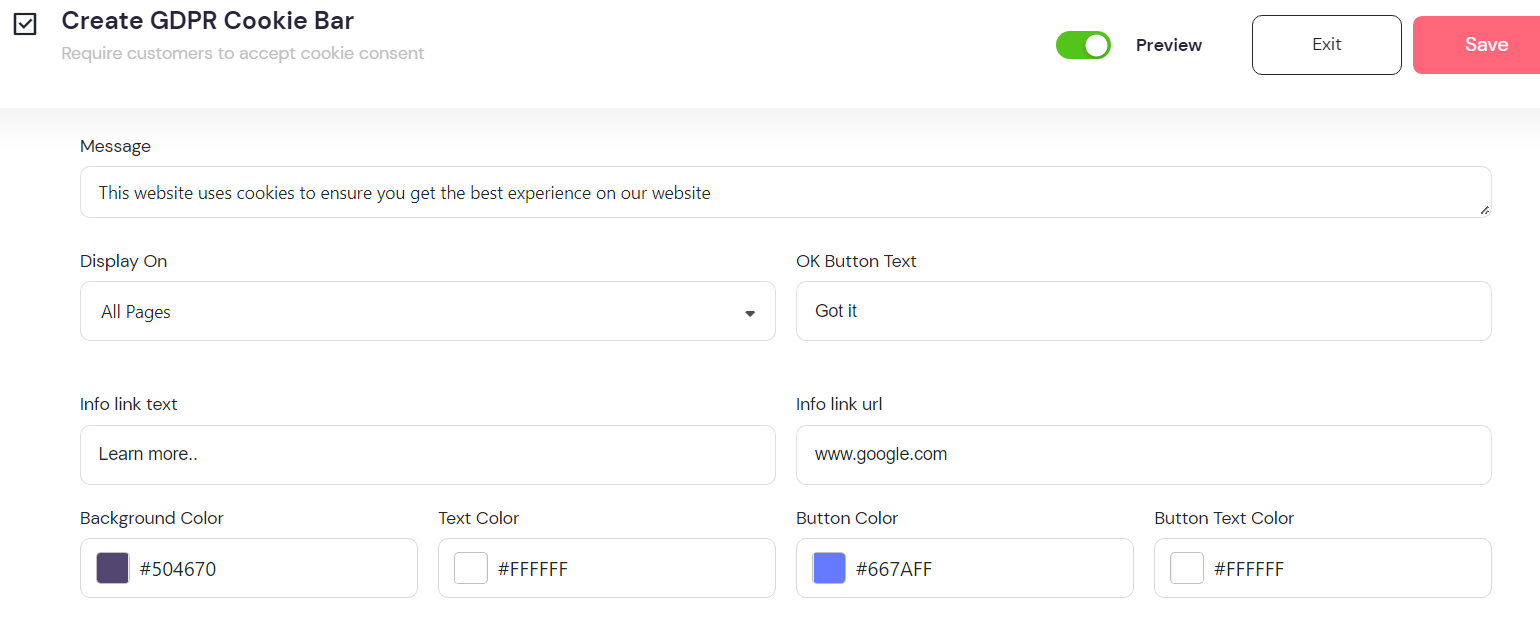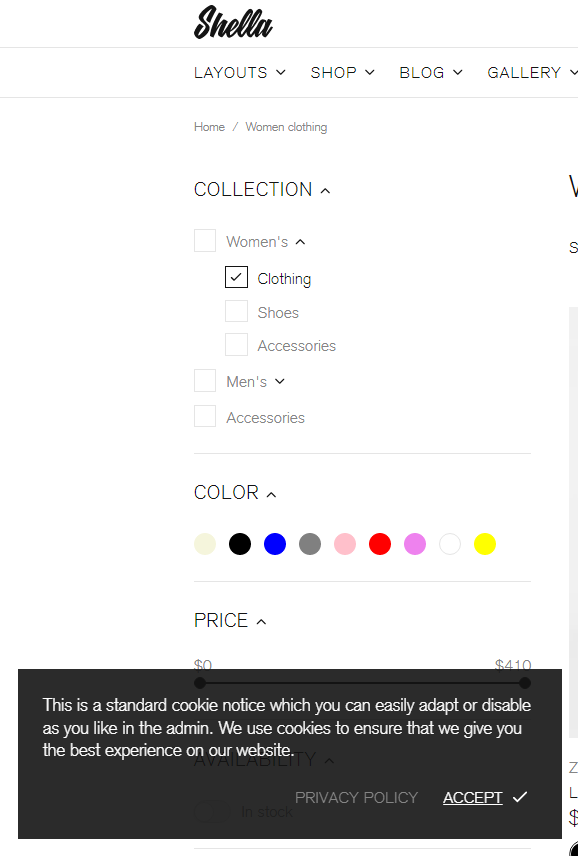Getting customers trust begins from how they find it easy to use your website considering that they would be sharing discrete data with you.
Yes, your customers can sue you if they feel threatened by your store’s mode of business. E-commerce laws are relative for all in the industry whether small or medium or big e-commerce brands.
Your company’s online relations is very vital for you to nurture and keep under guidance to avoid lawsuits that can ruin your business. You need to get in knowledge of business laws and consumer protection.
Customers can sue a business for failing to indicate warnings where necessary on a product page and for automatic auto-renewals for service. This is one of the many suits Amazon has encountered this year 2022. When it comes to customers’ safety. nothing is trivial or minor not to give attention.
What are E-commerce Laws?
E-commerce laws are regulations and rules guiding activities in the digital world of buying and selling. These laws are used and targeted at online retailers and consumers. Failure to abide by these guidelines the party involved can risk facing lawsuits.
Lawsuits in the e-commerce industry are not limited to the giant brands in the online retail world but every company, small or big in the commerce space.
This article gathers the 5 basic e-commerce laws you need to keep your store in place and check.
E-commerce Laws You Need For Your Shopify Store
Similar to other physical organizations that have to keep up with company laws and corporate governance, online retailers are also bound by some sort of laws that keeps the e-commerce world sane. Without the existence of these guiding laws, some businesses would walk right on their customers’ heads. Other regulations in the digital space include data privacy, payment policy, and web accessibility.
1. Terms and conditions
Terms and conditions or terms of use or terms of service is an outlined regulation stating how the service of the business that bears it, is carried out. This is to inform your customers about accessibility and regulate their activities on your site.
Though it is not legally required to have terms of use on your website. But it is advisable to have a terms and conditions bar on your web, this will save you from getting into some customers’ trap. It would mean that you have informed them ahead of time.
Vonixx Care’s Terms of Service
 Get your terms and conditions bar right before your customers using Storebundle’s Terms and conditions app.
Get your terms and conditions bar right before your customers using Storebundle’s Terms and conditions app.
2. Returns and payment policy
Returns and refunds are the usuals in the e-commerce industry. Now and then, some customers might not be satisfied with a product and would want to return for an exchange or a refund. You might not need to draft a returns policy if your products or services are non-refundable or non-returnable. If not, then you need a returns policy to keep your customers abreast.
 Your returns policy should contain the following;
Your returns policy should contain the following;
– Timeframe within which goods can be returned: It has to be clearly and specifically stated. “Goods bought can be returned in 3-days”
– Procedures and processes required for a return
– Policies or conditions guiding your return policy: what state the good has to be in to determine whether it will be accepted or not.
– Who bears the return shipping or pick-up cost: state if the shipping cost is refundable or not
– Method of refund: whether to get back the money or another product in exchange
3. Privacy policy
A privacy policy is a document containing information about how a party gathers, uses and discloses a customer’s data to a third party. It is a piece of legal information to protect customers’ personal information which can include name, address, contact details, credit or bank details, location, and transaction history.
Having a privacy policy for your e-commerce store depends on your country of operation. Some countries have privacy laws that bound digital businesses. This is common in Europe where there are data protection laws for both public and private sectors.
Related: How Visitors Count Can Increase Sales And Revenue For Your Shopify Store
4. Shipping policy
A shipping policy is a rule that guides a business channel in getting its services or products delivered to its customers. It shows the procedures that are followed to ship orders to the customers. It usually includes domestic and international terms depending on how global your customers are.
In your shipping policy, you should indicate the following;
– Shipping cost
– Shipping speed
– Shipping duration
– Procedures for international services and local delivery or pick up
– International shipping cost and conditions
– What to do when there is an interruption and likely reasons for interruption
5. Cookie Consent and GDPR
Cookie consent is an interaction that happens between the customer and the online retailer that enables the customer to decide whether to allow you to access their data. This is done usually before a customer begins to transact with you.
Some data laws apply to online retailing to guard customers’ privacy. To build trust with your customers that their data is safe with you, you need the cookie consent for your website.
Sometimes, customers may be skeptical about releasing their data to online stores. One way to keep their confidence is to pop up the cookie consent bar which shows them you follow the digital regulations.
Some of the regulations guiding cookie consent are GDPR, CPRA, PIPEDA, CDPA, and POPIA
General data protection regulation is an EU law that guides businesses whose target market is in the EU corridors. GDPR sets rules for processing and protecting EU residents’ information.
Set Up Your Cookie Consent Bar With Storebundle
 Storebundle is an all-in-one Shopify app that helps you run your store seamlessly using vital features and promotional tools to reach your sales goals.
Storebundle is an all-in-one Shopify app that helps you run your store seamlessly using vital features and promotional tools to reach your sales goals.

